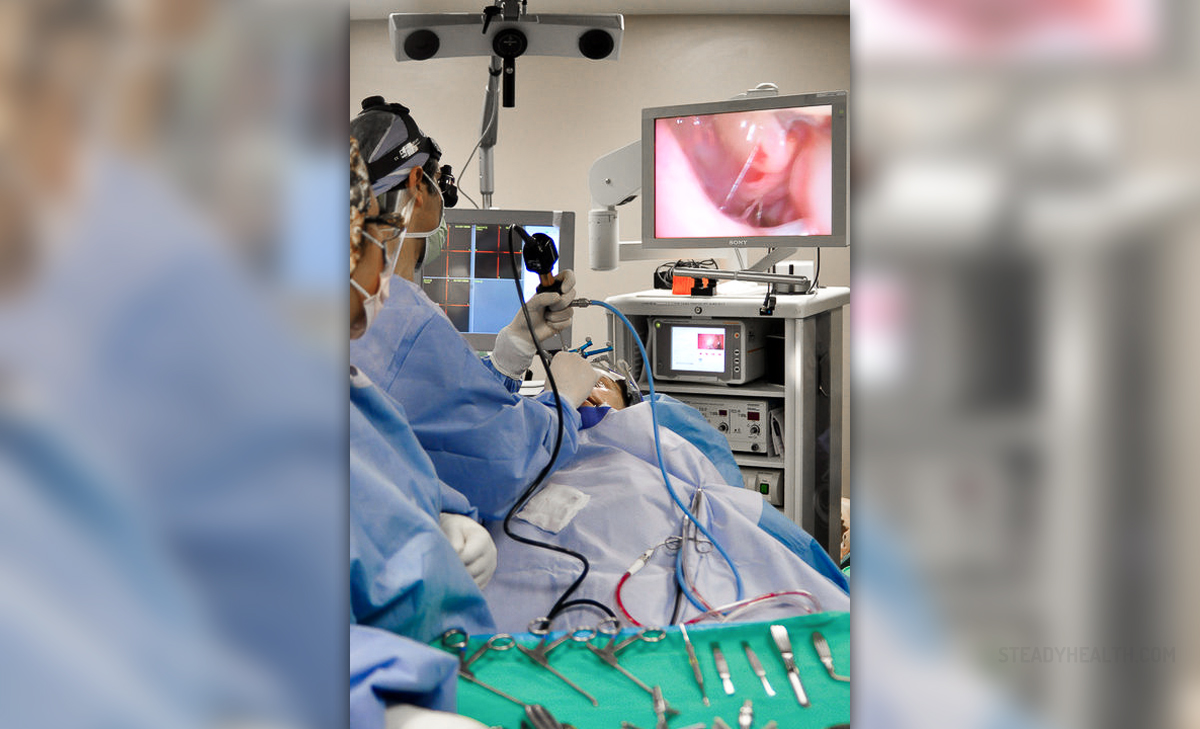
Sinusitis
Sinusitis, or inflammation of sinuses, can be treated conservatively or surgically. Initial treatment is conservative and the patients are prescribed different medications such as antibiotics, nasal decongestants etc. Sinus surgery is the last option for all those who suffer from chronic inflammation of sinuses. Just like any other surgery, even sinus surgery carries certain risks and there are several complications which may occur during or after the surgery.
Endoscopic Sinus Surgery Complications
Endoscopic sinus surgery is most frequently performed. During the procedure the surgeon can visualize sinuses with the assistance of the endoscope. The endoscope is inserted into the sinus and it gives perfect insight in all interior structures of the sinus. This way the surgeon can see healthy and damaged parts of the sinus and remove damaged tissues while sparing the healthy ones.
Swelling and bruising after the surgery are not considered complications. They are normal reaction of the tissue and withdraw spontaneously within certain period of time. This also refers to postoperative pain. Each and every surgery is normally followed by certain degree of discomfort and pain. They are treated with pain killers.
On the other hand, there are several complications which do not occur so frequently but may be rather dangerous. Bleeding is only one of them. Bleeding usually occurs during the surgery and is caused by the damage of blood vessels. Intraoperative bleeding can be easily stopped. Postoperative bleeding can be induced by previous usage of certain medications such as Aspirin, ibuprofen etc. These medications should be discontinued prior the surgery and by doing so postoperative bleeding can be prevented. This type of surgery never leads to drastic loss of blood so there is no need for blood transfusions. Still the bleeding after sinus surgery is indeed the most frequent complication of all.
One more complication is related to anesthesia. Heart and lung problems occur only in patients who are already suffering from diseases of these two organs. Allergic reactions to medications can be avoided if the patient reports all the allergies prior the procedure.
Certainly one of the most serious complications of sinus surgery is leakage of the cerebrospinal fluid. This complication must be noticed on time and the rupture of the brain membranes treated as it may eventually cause additional complications such as meningitis.
Some patients may experience worsening of the smelling ability and nasal obstruction after the surgery. These complications are not permanent and tend to improve in time.
And finally, one more complication after sinus surgery is teeth numbness.



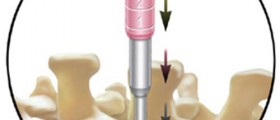

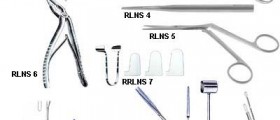

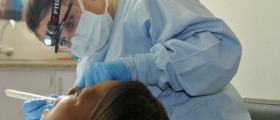


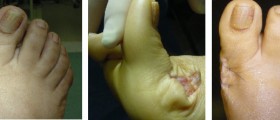



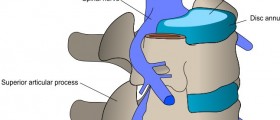
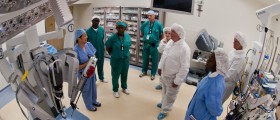

Your thoughts on this
Loading...